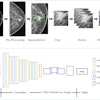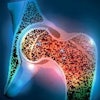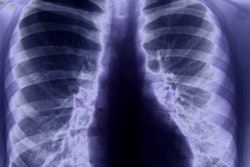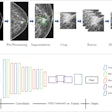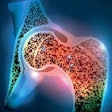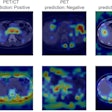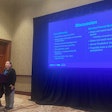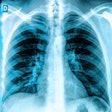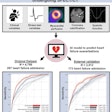To date, most AI models in radiology have performed best for specific tasks in a narrow clinical setting -- so-called "weak AI," according to senior author Namkug Kim, PhD, of the Asan Medical Center in Seoul.
It can be difficult to develop AI models with general applications in real clinical environments due to the diversity of clinical settings and the variety of imaging parameters, he said. It's particularly challenging to create algorithms that would be used for emergency room patients, who are diagnosed with many types of diseases.
"Therefore, it is really difficult to create [a] deep-learning model [that] is suitable for screening and triage of emergency patients, because building big data consisting of various diseases requires a lot of effort and time," Kim told AuntMinnie.com.
That's why the team of researchers focused on developing unsupervised detection models using GANs and anomaly detection with generative adversarial networks (AnoGANs), he said. After training a GAN to generate realistic artificial CT scans using a training set of more than 1,100 normal brain CT scans, their AnoGAN model was able to yield a promising level of accuracy for detecting and localizing four types of intracranial diseases. The AnoGAN model accomplished these results by using attention maps to identify differences between normal and abnormal exams.
The study results suggest that a GAN trained with normal CT data that can generate only normal fake CT studies can be used for screening patients for abnormal CT images in an anomaly detection manner, according to Kim.
"However, while developing a deep-learning model, the problem of overcoming normal anatomical changes in individuals still remains," he noted.
Stop by this talk on Monday for more information.


